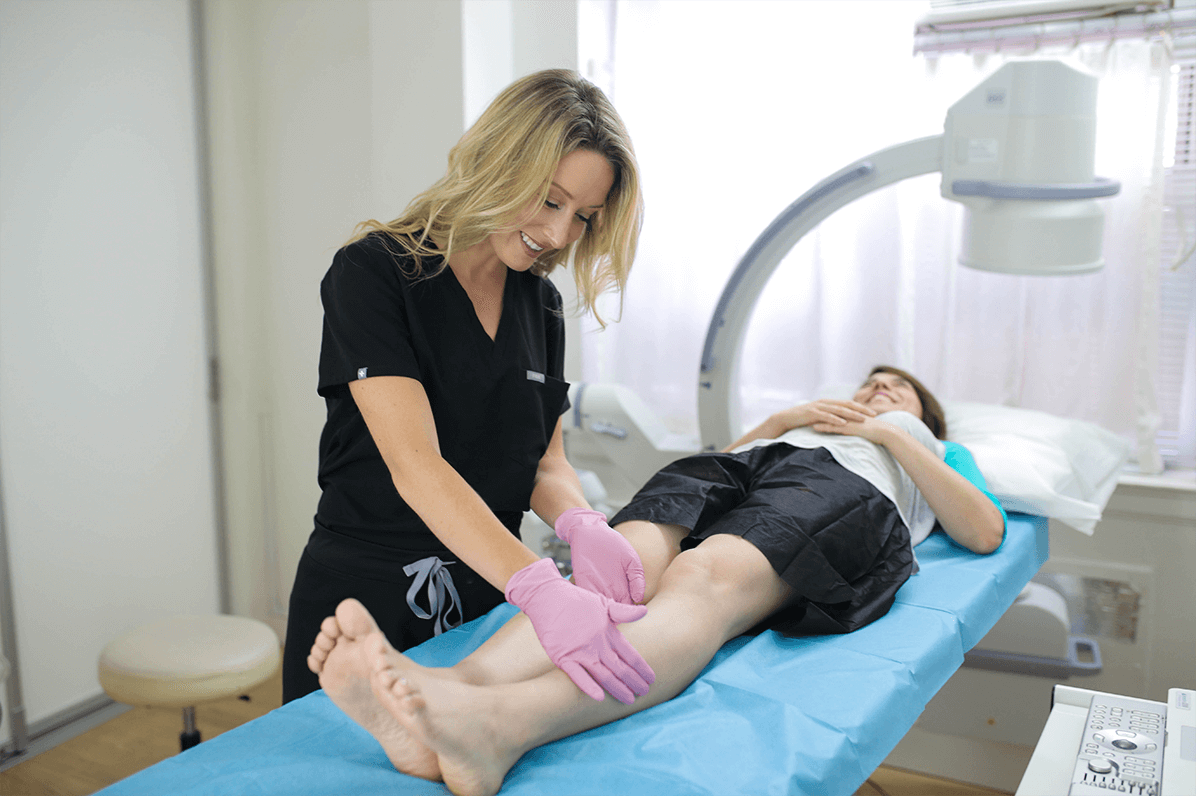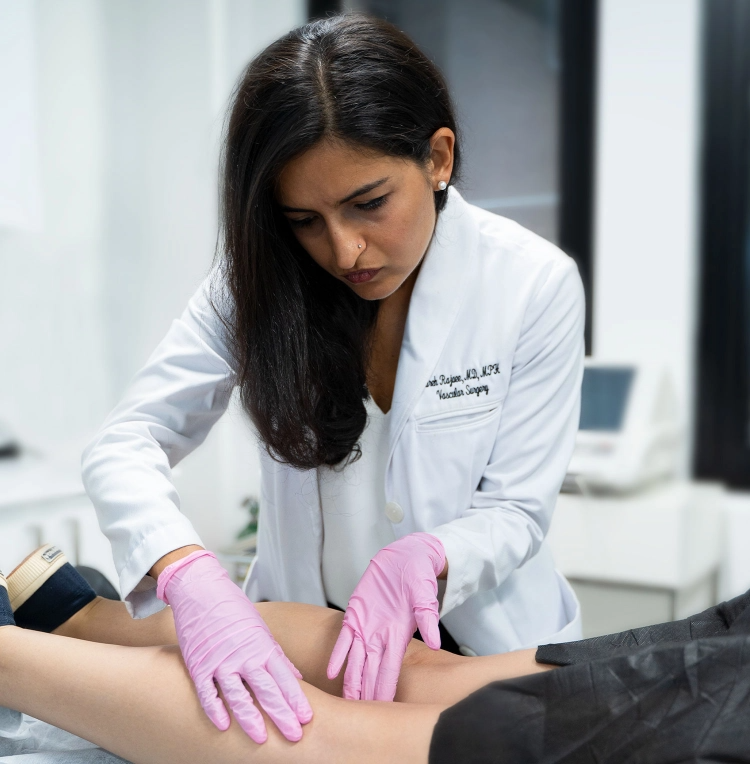What Type Of Doctor Specializes In The Treatment Of Veins?
In the intricate web of human anatomy, veins play a crucial role in maintaining circulatory health. When issues arise within these vital vessels, seeking the right medical professional becomes paramount. This article aims to delve into the world of vein specialists, exploring the types of doctors who specialize in the treatment of veins and shedding light on the expertise of phlebologists.
The Complexity of Vein Health:
To comprehend the significance of specialized care, it's essential to understand the intricate nature of vein health. Veins are responsible for transporting deoxygenated blood back to the heart, overcoming the challenges of gravity and pressure differentials. Factors such as age, genetics, and lifestyle can contribute to various vein-related issues, necessitating expert intervention.
Identifying the Right Doctor:
General Practitioners and Initial Assessment:
In many cases, individuals may begin their journey toward vein health with a visit to a general practitioner. These medical professionals can conduct preliminary assessments, identify symptoms, and provide initial guidance.

Interventional Radiologists:
In cases where more advanced diagnostic imaging is required, interventional radiologists may come into play. Using technologies such as ultrasound, these specialists can visualize the veins in detail, aiding in the accurate diagnosis of underlying issues.
What is a Vein Specialist Called
Defining Phlebology:
The term "phlebology" refers to the medical field dedicated to the study and treatment of veins. A doctor who specializes in phlebology is known as a phlebologist. These specialists undergo specific training to address a wide range of venous conditions, from varicose veins to deep vein thrombosis.
Educational Background and Training:
Phlebologists typically have a diverse medical background, often originating from fields such as vascular surgery, dermatology, or cardiology. This multidisciplinary approach equips them with a comprehensive understanding of venous issues.

The Vein Specialist in Action:
Diagnosis and Evaluation:
Phlebologists employ a variety of diagnostic tools to assess vein health. Duplex ultrasound, for example, allows them to visualize blood flow and identify abnormalities. This meticulous evaluation forms the foundation for personalized treatment plans.
Treatment Modalities:
Vein specialists utilize both conservative and interventional approaches to address venous issues. From lifestyle modifications and compression therapy to minimally invasive procedures like endovenous laser treatment, the range of interventions is tailored to the specific needs of the patient.
Collaborative Care and Holistic Approach:
Coordinated Efforts with Other Specialists:
Vein health is often interconnected with other medical conditions. Phlebologists collaborate with other specialists, such as cardiologists and hematologists, to ensure a holistic approach to patient care.
Patient Education and Preventive Measures:
A key aspect of a phlebologist's role is educating patients about vein health and preventive measures. Lifestyle modifications, exercise, and maintaining a healthy weight are integral components of long-term vein care.
Conclusion:
In the vast landscape of medical specialties, the role of phlebologists stands out as a beacon of expertise in vein health. As we unravel the complexities of circulatory well-being, understanding the importance of seeking specialized care becomes paramount. Whether grappling with varicose veins or deep vein thrombosis, knowing what kind of doctor treats veins empowers individuals to take proactive steps toward optimal vein health.
Comments
Post a Comment